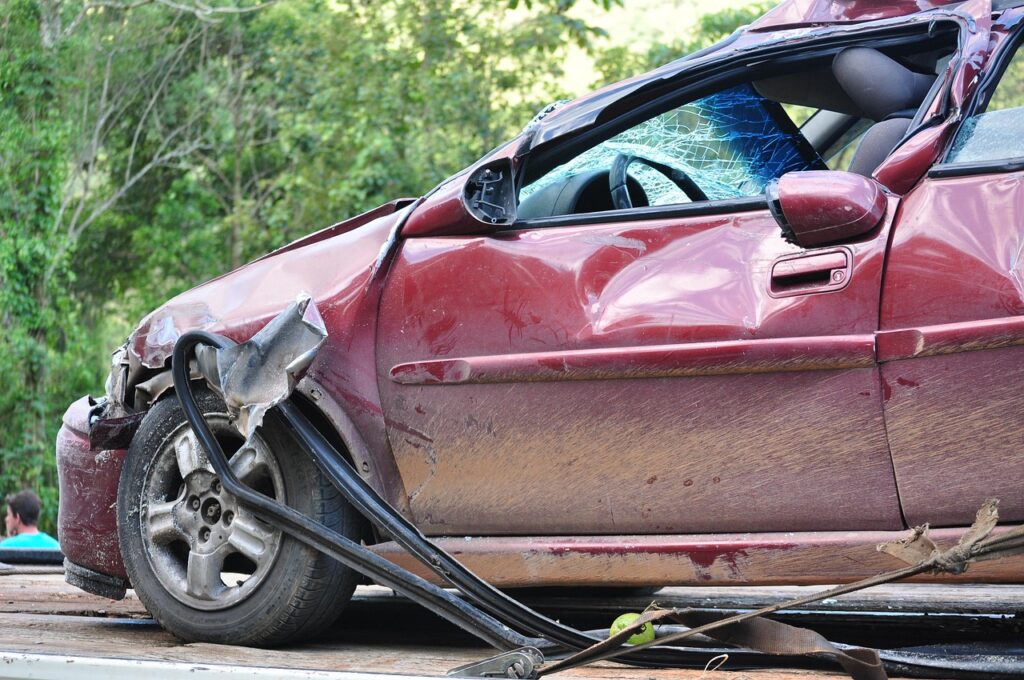Car accidents can leave more than just visible marks. You might still feel pain weeks after the crash. It’s not just in your head. Your body has undergone stress and trauma. Even minor accidents can cause lasting discomfort. Injuries might not show right away. Hidden damage could surface later, causing ongoing pain. Don’t ignore it. Prompt medical attention is crucial. Routine care is more effective after treatment. You deserve to heal fully. But healing alone isn’t enough. You need to consider the financial and legal side. Accidents can lead to unexpected medical bills and lost wages. You shouldn’t bear this burden alone. It’s important to understand your rights. Insurance companies may not have your best interest at heart. Protect yourself and your future. In these situations, get legal help. An experienced lawyer can guide you through the process, ensuring you receive the care and compensation you deserve.
Understanding Delayed Injury Symptoms
Recognizing delayed symptoms is vital for effective recovery. Some injuries, like whiplash or concussions, may not present immediate signs. Symptoms could emerge days or even weeks later. Pay attention to headaches, dizziness, or neck pain. They might seem minor at first but could indicate serious conditions.
Common Symptoms After a Crash
| Symptom | Description |
| Headaches | Persistent headaches could signal a concussion or brain injury. |
| Neck or Back Pain | These are common in whiplash injuries, affecting mobility and comfort. |
| Numbness | Nerve damage or spinal injuries can cause tingling in extremities. |
| Swelling or Bruising | These might indicate internal injuries or fractures. |
Why Early Treatment Matters
Seeking immediate medical care prevents complications. Early diagnosis helps tailor the right treatment plan for you. Postponing treatment can worsen injuries. Routine care increases the effectiveness of treatment. It ensures that you recover fully and avoid chronic pain.
Legal and Financial Aspects
Dealing with injuries is only part of the struggle. Accidents bring financial strain. Medical bills and lost wages add stress to an already challenging situation. It’s essential to protect your rights and seek legal guidance. Understanding your entitlements can help relieve financial pressure. Often, legal complexities require professional help. Explore resources from the National Highway Traffic Safety Administration to understand accident impacts and prevention.
Steps to Take After a Crash
After a crash, follow crucial steps to protect yourself:
- Seek medical attention immediately, even for minor pain.
- Document injuries and symptoms in detail.
- Contact your insurance provider to report the accident.
- Consult with a legal expert to understand your rights.
- Follow up on medical treatments and appointments.
The Role of Mental Health
Physical injuries aren’t the only concern. Emotional trauma can have a lasting impact. Anxiety, depression, or PTSD might follow a crash. Addressing mental health is as important as physical recovery. Don’t hesitate to seek support from a mental health professional. Acknowledging emotional challenges speeds up healing and helps you cope better.
Conclusion
Accidents affect more than just the body. Understanding the physical and emotional aftermath ensures comprehensive recovery. Always prioritize your health and rights. Remember to follow up on any developing symptoms promptly. Legal aid is crucial to navigating the complexities of post-accident life. Healing is a journey that requires understanding, support, and diligence.



